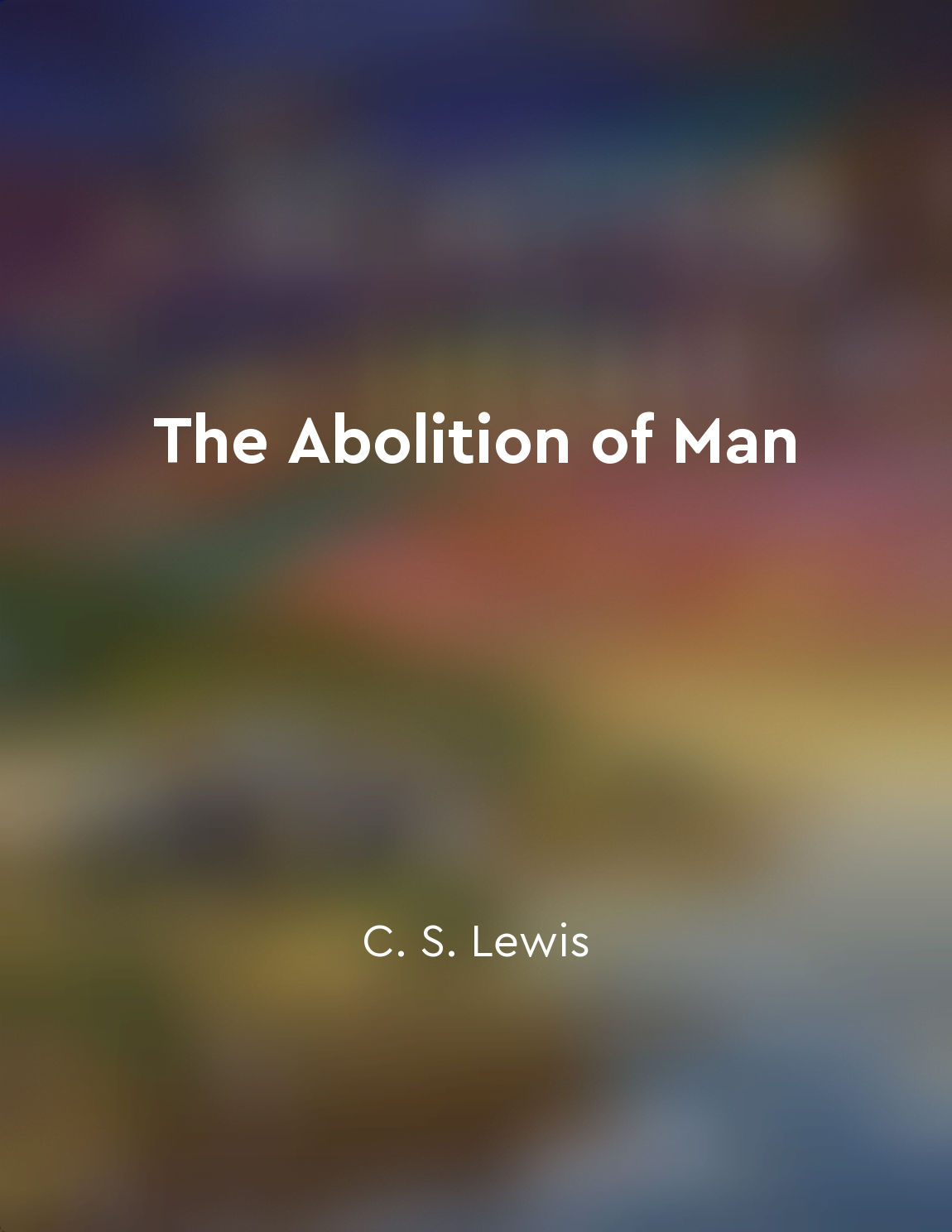Morality arises from sentiment from "summary" of A Treatise of Human Nature: Texts by David Hume
The foundation of morality lies in human sentiment rather than reason. Our moral judgments are not derived from logical deduction or rational analysis, but rather from our feelings and emotions. It is our sentiments that shape our moral beliefs and guide our actions. We do not arrive at moral principles through a process of reasoning, but instead, we feel a sense of approval or disapproval towards certain actions or behaviors. These feelings of approval or disapproval are the basis of our moral judgments. This sentiment-based approach to morality is evident in how we evaluate the actions of others. When we see someone performing a selfless act, we feel a sense of approval and admiration. Conversely, when we witness a cruel or selfish act, we feel a sense of disapproval and condemnation. These moral sentiments are not universal or objective, but rather vary from individual to individual. What one person may find morally praiseworthy, another may find morally reprehensible. This variability in moral judgments is a reflection of the diversity of human sentiments. Our moral sentiments are not fixed or immutable but can be shaped and influenced by our experiences, upbringing, and social environment. Through education and socialization, we can cultivate certain moral virtues and values, leading us to form different moral judgments than we might have otherwise.- Morality arises from sentiment, from our feelings of approval or disapproval towards certain actions or behaviors. Our moral judgments are not the result of logical reasoning but rather stem from our emotions and attitudes. By recognizing the role of sentiment in morality, we gain a deeper understanding of the complexities of human nature and the diversity of moral beliefs.
Similar Posts
Good and evil determined by values
Values play a fundamental role in shaping our understanding of good and evil. It is through our values that we are able to disc...
We seek approval and acceptance from others
As social animals, we are wired to seek approval and acceptance from others. This innate drive stems from our deep-rooted need ...

Human nature is complex and contradictory, defying easy categorization
Human nature, that mysterious and enigmatic force that drives our thoughts and actions, is a concept that has puzzled philosoph...

Two modes of thinking: fast and slow
In our daily lives, we rely on two distinct modes of thinking: fast and slow. Fast thinking is intuitive, automatic, and effort...

Doubt and skepticism are essential for intellectual growth
In the pursuit of knowledge and understanding, doubt and skepticism play a crucial role. They serve as catalysts for intellectu...
Emotions play a significant role in human behavior
Emotions are the driving force behind human behavior, influencing our thoughts, actions, and decisions in profound ways. It is ...

The significance of the Tao as a universal moral law
The Tao, as a universal moral law, holds great significance in shaping the ethical framework of human society. It is not merely...
Rational thought can lead to belief in a creator
The idea that rational thought can lead to belief in a creator is a concept that has been debated for centuries. Many people be...

Emotions play a crucial role in decisionmaking and motivation
Emotions, according to Nietzsche, are often overlooked in discussions about decision-making and motivation. However, he argues ...
Causal relationships cannot be proven with certainty
Causal relationships are a central part of human understanding and reasoning. When we observe events happening in a certain ord...

